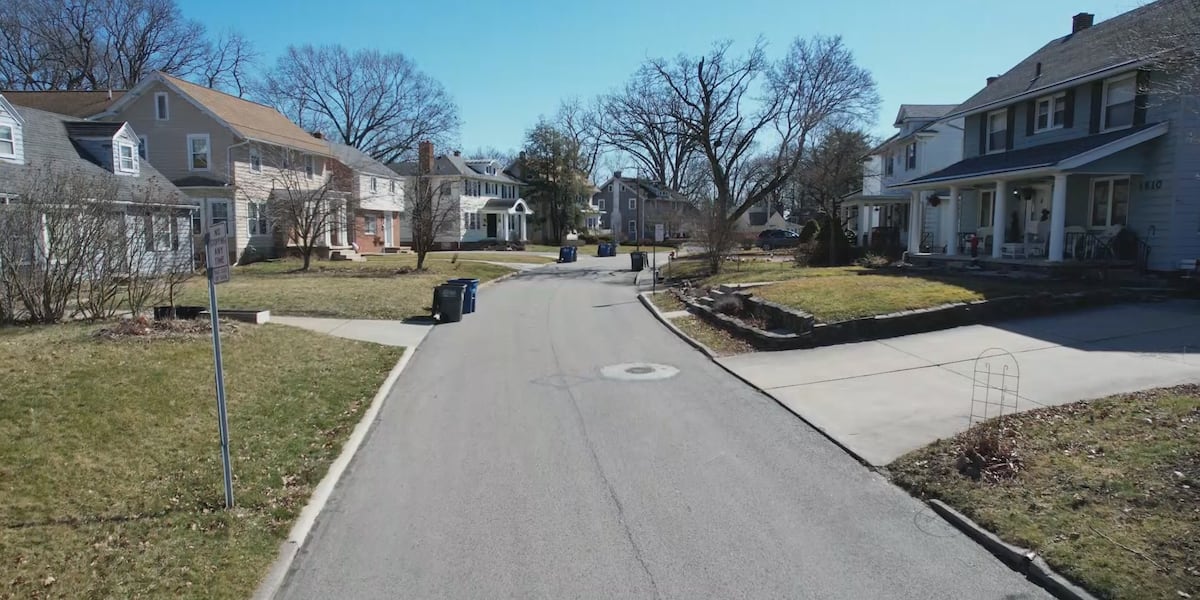T
he National Association of Realtors' (NAR) $418 million settlement, aimed at dismantling the traditional 6% commission structure, has failed to deliver on its promise of lower costs for homebuyers and sellers. Despite prohibiting listing agents from offering compensation to buyer agents via multiple listing services (MLS), commissions remain stubbornly high, averaging around 5-6% in many markets.
Sellers are now using creative workarounds to bypass the new rules, such as offering "buyer concessions" or closing credits that effectively mimic the old commission splits. This undermines the settlement's intent to foster true negotiation and has led to a lack of significant fee drops. Industry insiders point to information asymmetry, with most consumers lacking the expertise to challenge entrenched norms and allowing agents to maintain higher rates.
High housing costs in 2025 have compounded the issue, making agents reluctant to lower fees amid a slowdown in sales volume. Established brokerages are also benefiting from the transition, as they can absorb legal changes without slashing profits. Agent resistance plays a significant role, with many realtors doubling down on value propositions like market expertise and negotiation skills to justify fees.
Regulatory oversight remains inconsistent across states, contributing to the uneven rollout of the settlement's provisions. Experts anticipate that competition from flat-fee and discount brokerages could finally drive fees down, but realization depends on consumer education. For now, the settlement's promise of affordability in housing remains elusive, a reminder that structural reforms often unfold slower than anticipated.
For prospective buyers, the new rules mean potentially paying agent fees out-of-pocket, which could deter first-time purchasers already strained by high mortgage rates. Sellers might see slight bargaining leverage, but many opt for traditional agents to ensure smooth transactions in a competitive market. The settlement's full effects may take years to permeate, influenced by economic cycles and legal evolutions.













